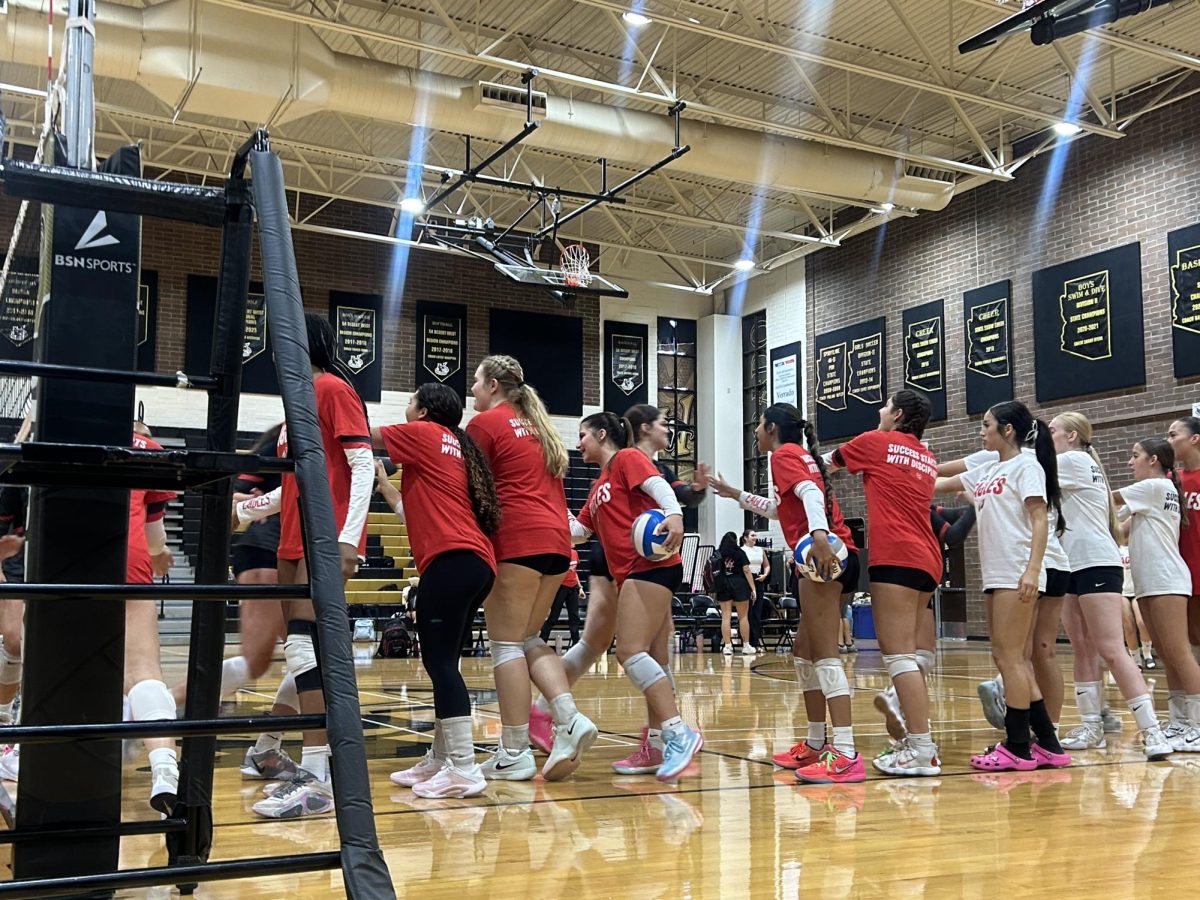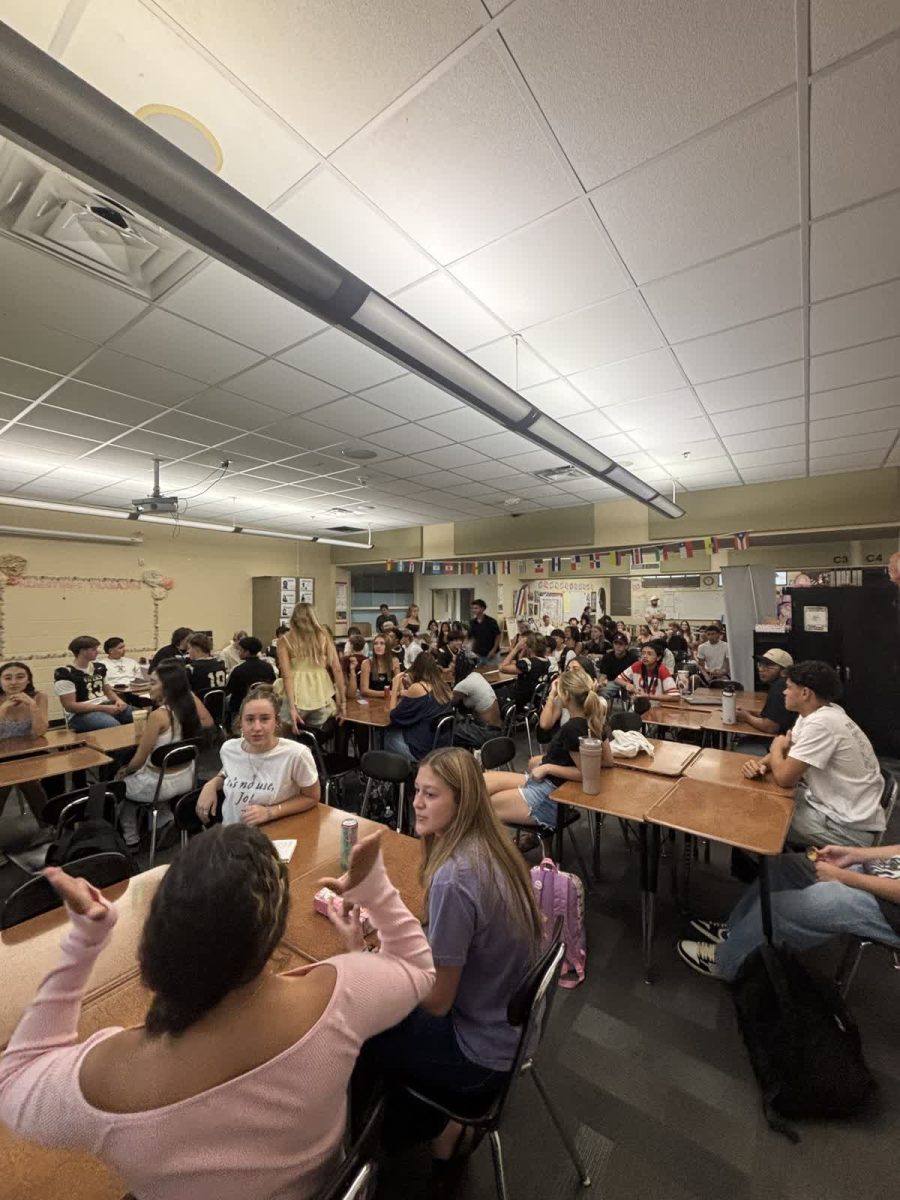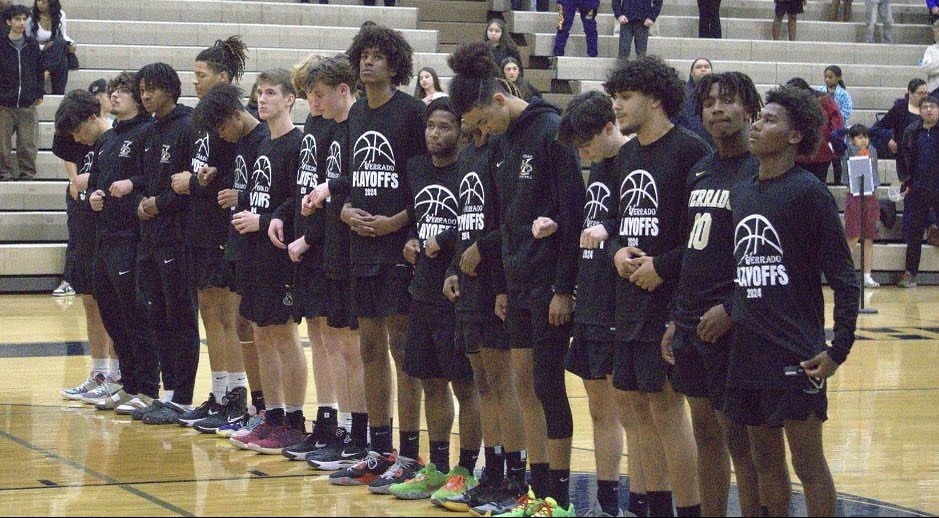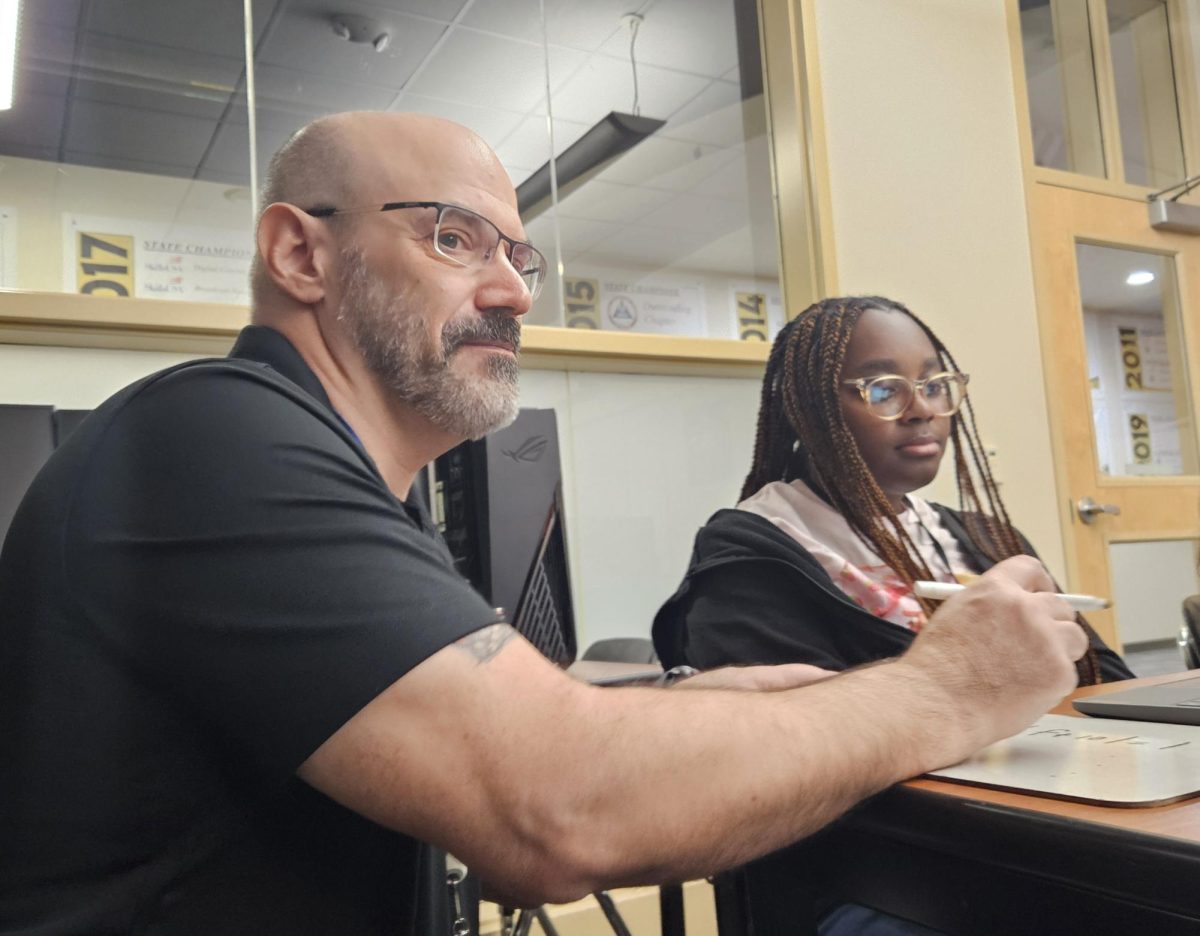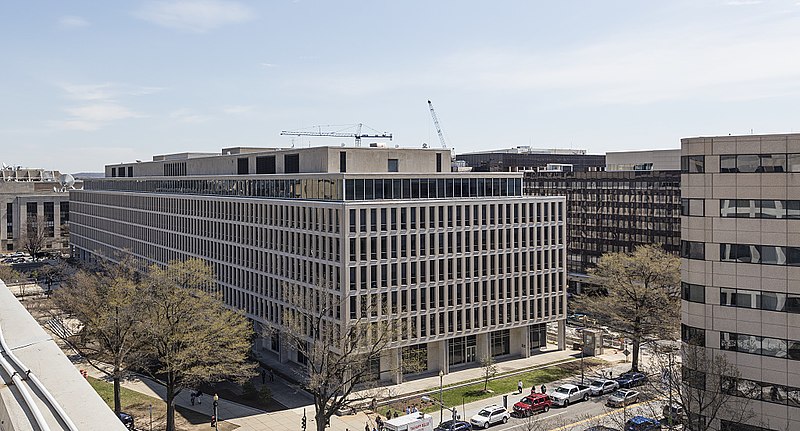The ambiguous goals of President-elect Donald Trump’s education agenda began to solidify after he announced that he would nominate Linda McMahon as education secretary, a job that will give vast control over how the federal government distributes funds to school districts.
McMahon, a longtime friend who ran the Small Business Administration in Trump’s first term, is the latest upending loyalist to be named for a key position in his cabinet. Other than a brief stint on the Connecticut State Board of Education for just over a year, she has no experience in forming education policy.
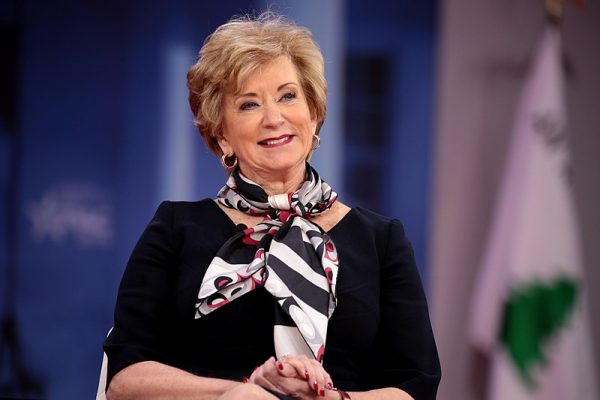
Yet McMahon faces numerous daunting issues, including the shortfalls that many school districts across the country have faced, while higher education has reckoned with a doubt in faith, forcing universities to close. And in many states, academic performance in reading and math has not rebounded following the pandemic.
As the chairwoman of the America First Policy Institute, a right-wing think tank, McMahon was critical in preparing senior officials for a second Trump presidency. The institute has advocated for expanding school choice programs — a push shared by Betsy Devos, Trump’s first-term education secretary — and dismantling “inaccurate and unpatriotic concepts” about American history.
McMahon is not the only cabinet nominee associated with America First Policy Institute, a sign of the group’s increasing influence on the president-elect’s policies. Last month, Trump said that he would nominate Pam Bondi, a former Florida attorney general, to lead the Justice Department after his original choice, Matt Gaetz, withdrew his bid amid allegations. And on Saturday, Trump named Brooke Rollins, a conservative lawyer who has led the institute, as his agriculture secretary.
“As Secretary of Education, Linda will fight tirelessly to expand ‘Choice’ to every State in America, and empower parents to make the best Education decisions for their families,” Trump said in a statement announcing the decision. “We will send Education BACK TO THE STATES, and Linda will spearhead that effort.”
In September, McMahon wrote a column in support of a House bill that would expand Pell grants to students pursuing technical education. But critics have argued that the bill would allow the for-profit sector to access federal funds. She has also expressed support for “apprenticeship programs” that are prevalent in countries such as Switzerland.
President Biden’s embattled student loan forgiveness plan, which has been significantly limited by Republican legal challenges, is all but guaranteed to end in Trump’s second term. Last year, the Supreme Court rejected an ambitious executive action that would have canceled student loans for as many as 45 million borrowers.
The president-elect has vowed to dissolve the Education Department, portraying the agency as a purveyor of progressive ideologies. “We will move everything back to the states, where it belongs,” Trump said in a speech in June. “They can individualize education and do it with the love for their children.”
But Trump’s ability to do so is unclear. Any effort to end the agency would require going through Congress, where many Republican lawmakers represent districts that depend on federal aid for public education. Still, he could roll back much of the Education Department’s regulatory functions.
Trump announced last month that Elon Musk and the biotech entrepreneur Vivek Ramaswamy would lead what he calls the Department of Government Efficiency, an effort to “dismantle government bureaucracy.” The two men have also called for the end of the Department of Education.
“I think education will improve,” Musk said on X last week, responding to a claim from Mike Solana, a venture capitalist, that abolishing the Education Department would not bring about change. Last month, Ramaswamy expressed support for a proposal to shut down the department, calling the idea “very reasonable.”
Trump’s victory comes as an ascendant movement seeks to infuse Christianity into public schools. Texas education officials narrowly voted on Friday to approve an elementary-school curriculum that would include teachings from the Bible in lessons.
In Louisiana, Gov. Jeff Landry signed legislation in June requiring classrooms display the Ten Commandments, though a federal judge blocked the law last week. And in Oklahoma, the state’s superintendent, Ryan Walters, issued a mandate forcing public schools to teach the Bible as a “necessary historical document.” To provide schools with enough Bibles, Walters turned to a version endorsed by Trump.

It also comes as colleges have been subject to intense scrutiny from lawmakers, many of whom called for a crackdown on protests against Israel’s war in Gaza that emerged earlier this year, and a decline in public confidence. Last year, two Ivy League presidents resigned following a Congressional panel about antisemitism.
Trump’s Education Department could force its hand in curbing protesters. In December 2019, he signed an executive order that expanded the government’s definition of antisemitism to include opposition to Israel’s existence and threatened to withhold federal funding for institutions that failed to combat discrimination. The Biden administration did not reverse his executive order.
Much of Trump’s education policy has been left unanswered as he has favored economic arguments. During his campaign, he proposed a tuition-free online university, the American Academy, to compete with existing colleges. The institution, which the president-elect said would offer education free of “wokeness or jihadism,” would be funded through expanding taxes on university endowments.
Christopher Rufo, the pugilistic conservative activist who accused Harvard’s president, Claudine Gay, of plagiarism, leading to her resignation in January, was invited to present a plan to eliminate federal funding for universities that promoted diversity, equity and inclusion programs, The Wall Street Journal reported on Monday.
Rufo, who is among several conservative writers who have examined the work of predominantly Blacks academics specializing in the field of diversity and inclusion for plagiarism, has assailed D.E.I. in higher education.
“President Trump has the opportunity to do what we’ve done in Florida on a national scale,” he said in an interview on Tuesday, referring to the war that the state’s governor, Ron DeSantis, has waged against school efforts to teach students about sexual orientation and gender identity.
The proposal, which is being spearheaded by Russell Vought, Trump’s would-be nominee to lead the Office of Management and Budget, would threaten much of the funding that colleges rely on. Federal funding accounted for $686 million of Harvard’s research budget last academic year, the university’s largest source of support.



